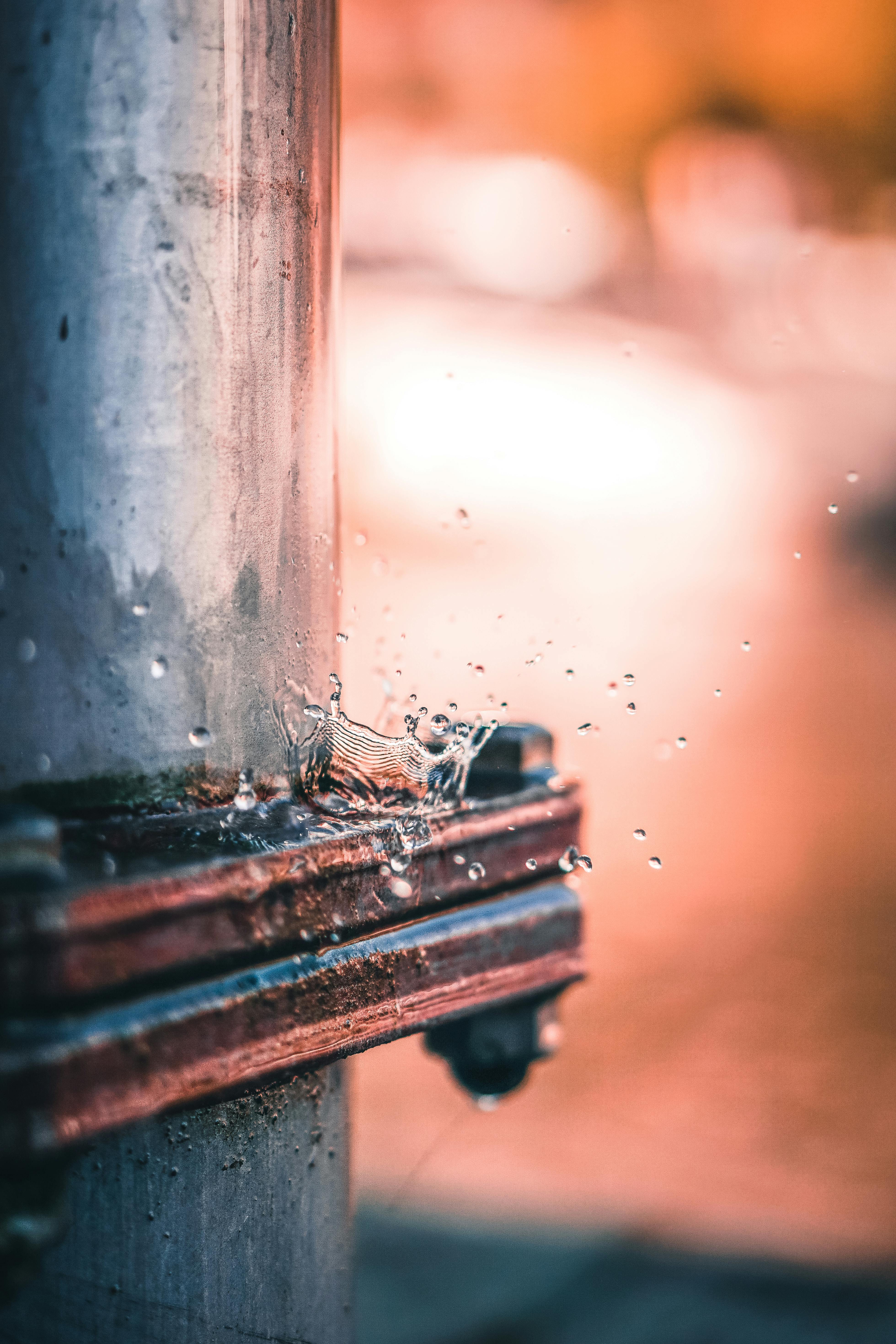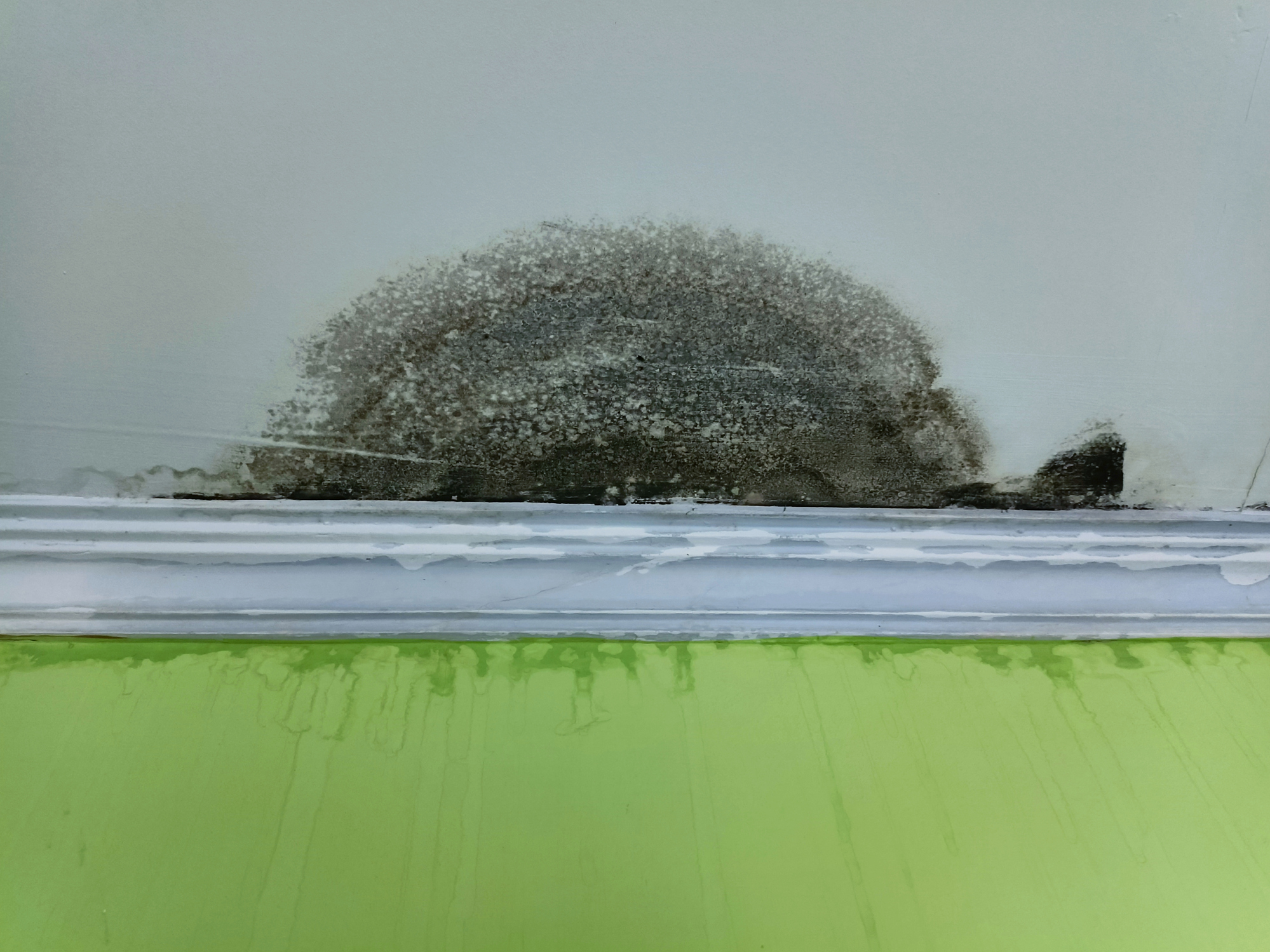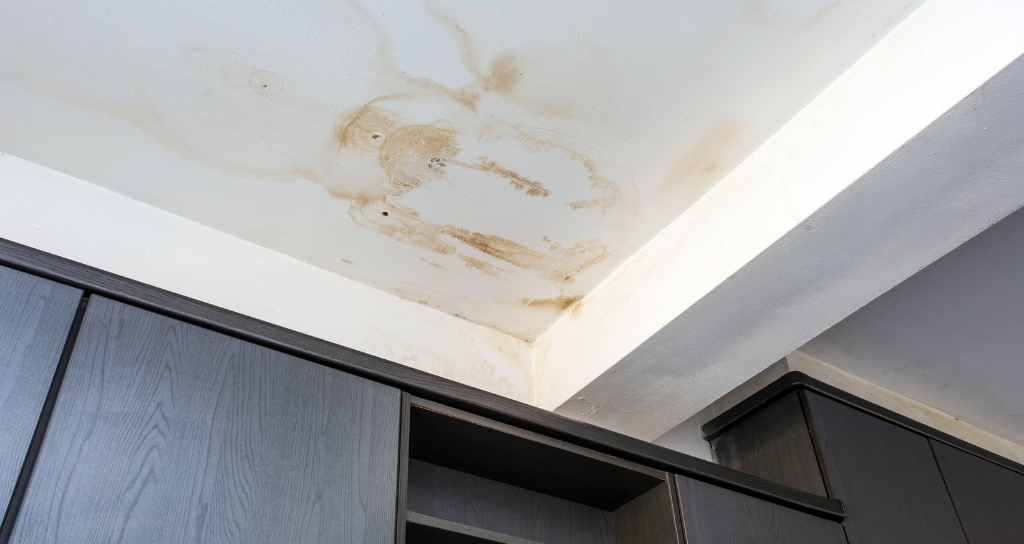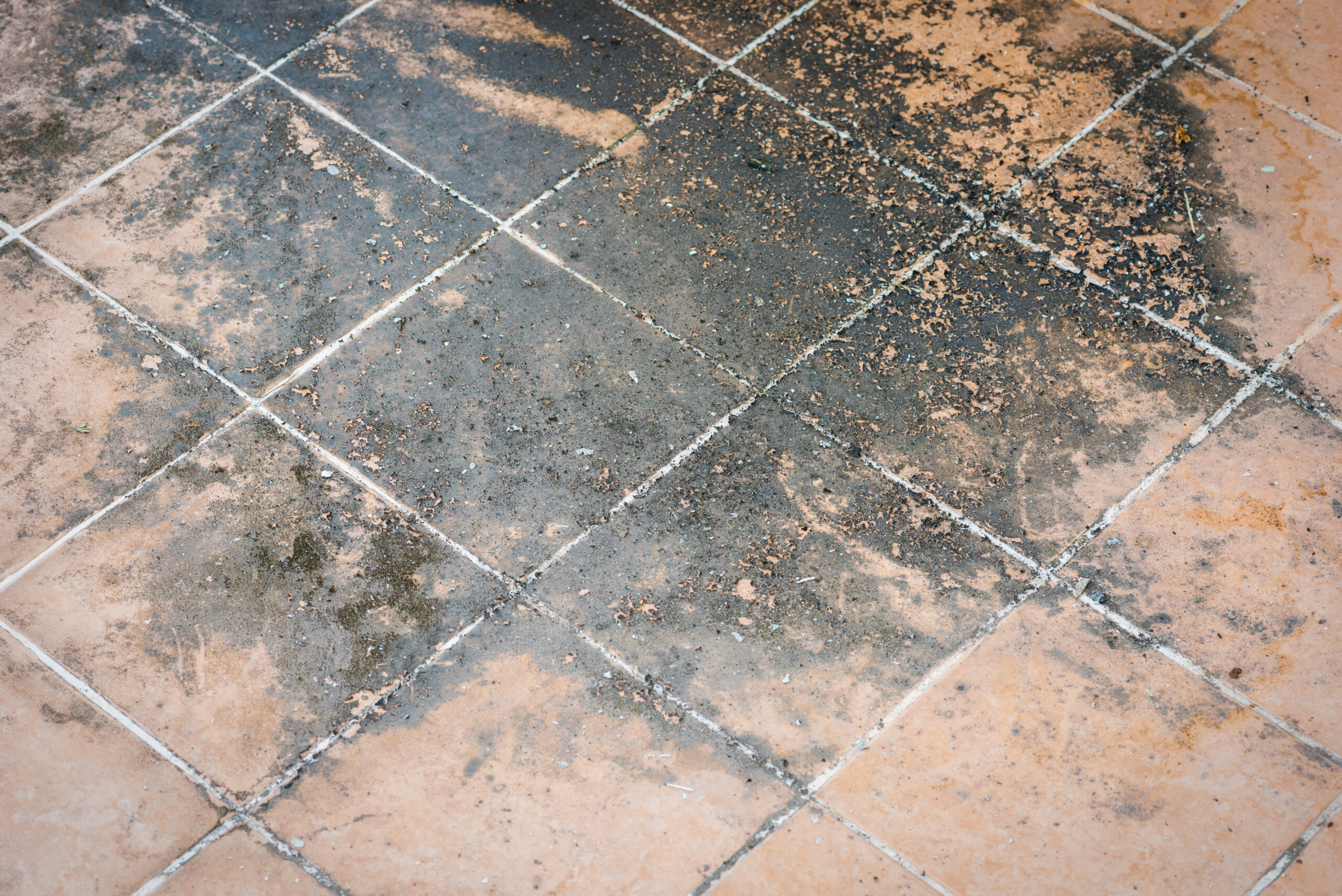The 2025 Water Leak Checklist for Commercial Buildings

Water damage is one of the most costly and disruptive issues facing commercial buildings in 2025—and it often starts with something as small as a hidden leak. Whether it’s a slow drip behind a wall or condensation from an aging HVAC system, undetected moisture can lead to mold growth, foundation problems, and even structural failure.
For property managers, building engineers, and commercial real estate owners, proactive leak detection and preventative maintenance are essential to protecting your property—and your bottom line.
Below is NCRI’s expert-recommended 2025 Water Leak Checklist to help you stay ahead of commercial water damage.
1. HVAC Systems
Inspect all rooftop HVAC units, air handlers, and indoor systems for signs of water leakage.
Check for blocked or clogged drain lines, overflowed condensate pans, and rusted connections.
Condensation buildup from improperly maintained systems is a top cause of hidden commercial water leaks.
Pro tip for 2025: Install smart leak detectors with IoT connectivity for real-time alerts.
2. Roof & Flashing
Roofs take the brunt of weather damage—especially after intense storms or freeze-thaw cycles.
Inspect all flashing joints, look for ponding water, and identify cracks in roof membranes.
Even small gaps can allow water to seep into ceiling voids and insulation layers.
SGE tip: Ask, "How do I prevent commercial roof leaks after a storm?"—this checklist helps answer that directly.
3. Restroom & Kitchen Fixtures
High-use areas like kitchens and restrooms often hide slow, undetected leaks.
Check under all sinks, around dishwashers, behind toilets, and utility rooms.
Look for soft walls, warped flooring, or musty smells—early signs of moisture issues.
Bonus insight: Use thermal imaging cameras to spot hidden plumbing leaks inside walls.
4. Water Heaters & Boilers
Mechanical rooms are hotspots for undetected water loss.
Inspect the base of water heaters, pressure valves, and pipe connections.
Rust-colored water or mineral buildup is often a warning sign.
Routine maintenance on boilers and water heaters helps prevent catastrophic failures or flooding.
5. Ceiling Tiles & Drywall
A discolored ceiling tile is more than an eyesore—it’s often the first visual clue of a bigger problem.
Document and track any changes to ceiling tiles, especially after storms or HVAC malfunctions.
Touch test: If drywall feels soft or spongy, there’s likely moisture inside.
SGE-favored tip: Answer questions like “What causes water stains on commercial ceiling tiles?” directly in this section.
6. Foundation & Basement Walls
Water damage at the foundation level can be dangerous and expensive.
Look for spiderweb cracks, bulging walls, or efflorescence—a white, chalky substance caused by mineral-rich water seepage.
Musty odors are another strong indicator of hidden mold or mildew growth.
Advanced step: Consider a professional waterproofing inspection annually.
7. Outdoor Drainage & Landscaping
Improper outdoor drainage is one of the leading causes of water intrusion in commercial buildings.
Ensure downspouts are directing water away from the foundation (minimum 5 feet).
Clear out gutters and drainage channels regularly to prevent overflow near walls and slab edges.
Facility managers in 2025 are increasingly integrating smart water sensors into landscaping systems to detect over saturation or pooling.
What to Do If You Find a Leak
Even with preventative maintenance, leaks can still happen. When they do, time is everything.
Call NCRI’s 24/7 Emergency Water Mitigation Team for immediate containment, drying, and restoration.
We deploy nationwide with advanced drying systems, moisture meters, and thermal imaging to stop the damage in its tracks.
Final Thought
By following this 2025 commercial water leak checklist, you not only protect your building—but you also protect your tenants, operations, and insurance premiums.
Don’t wait for signs of visible damage. Prevent it.
With decades of expertise in disaster response and commercial restoration, NCRI is your trusted partner in property protection.








